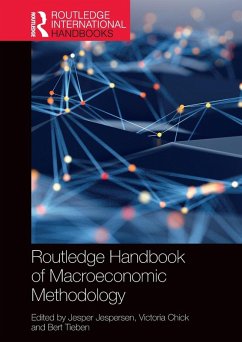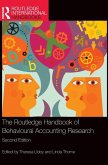The present macroeconomic crisis has demonstrated that a deeper understanding of the importance of relevant macroeconomic theories and methods is wanting. Additionally, lack of methodological awareness is behind much of the disagreement within macroeconomics which, looked upon from outside, often appears incomprehensible.
The Handbook gives a structured presentation of the study of principles and procedures by which macroeconomics is researched, taught and communicated both within academia and to a wider audience, and why specific theories, research strategies and teaching are preferred. The principles of selecting theory relevant to real-world problems are the core of methodology. This book contains a broad range of arguments behind theory construction and appraisal and the consequences of these choices within the field of macroeconomics.
An international range of experts provide clear analysis of key concepts, ideas and principles to give academics, students and others a better understanding of the macroeconomics behind policy conclusions which are put forward at different levels.
The Handbook gives a structured presentation of the study of principles and procedures by which macroeconomics is researched, taught and communicated both within academia and to a wider audience, and why specific theories, research strategies and teaching are preferred. The principles of selecting theory relevant to real-world problems are the core of methodology. This book contains a broad range of arguments behind theory construction and appraisal and the consequences of these choices within the field of macroeconomics.
An international range of experts provide clear analysis of key concepts, ideas and principles to give academics, students and others a better understanding of the macroeconomics behind policy conclusions which are put forward at different levels.








